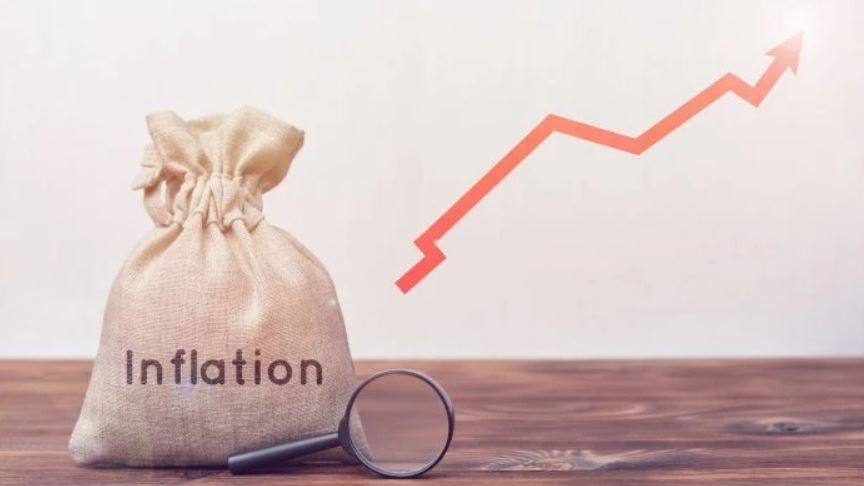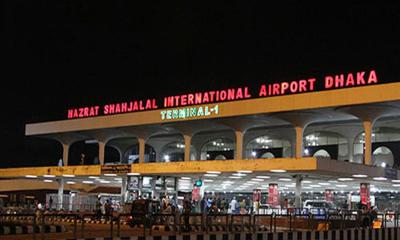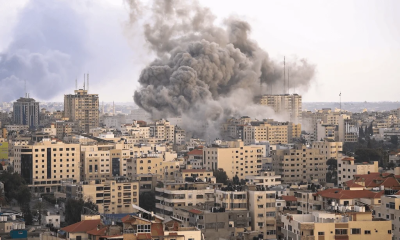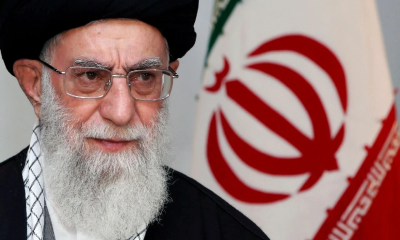Inflation continues to persist at a high level in Bangladesh, affecting the lifestyles of common people severely as they struggle to survive on limited earnings in the aftermath of the Covid-19 pandemic.
Figures released on Sunday showed general inflation remained virtually unchanged at 9.69 percent on a point-to-point basis for the month of July, having been 9.74 percent in June, said the Bangladesh Bureau of Statistics (BBS).
The Ministry of Finance and Bangladesh Bank (BB) have blamed the external factors for inflation while they failed to adopt the right fiscal and monetary policy measures, said economists.
Talking with UNB former governor of the Bangladesh Bank Dr Atiur Rahman said Bangladesh could not go for adequate tightening of the monetary policy in time to rein in inflation while the US Federal Reserve continues to raise policy rates persistently.
He said, the Reserve Bank of India (RBI) has also been raising policy rates consistently, while agriculture production rising consistently to strengthen the supply side. The market imperfections caused by growth curtail the root cause of higher food inflation and other necessities.
The depreciation of the Taka had also been raising imported inflation at these times. The rent-seeking on the roads by some quarters besides higher transport prices due to readjusted fuel prices may have also been fuelling inflation from the supply side, Dr Atiur said.
He suggested the ways out may be to further tighten monetary policy and reduce public expenditure to reduce public borrowing from the central bank to align fiscal policy along with tighter monetary policy.
The competition commission and Consumer Protection Authority must wake up to break the curtails. The roads should also be made rent-free to facilitate smooth flows of goods and daily necessities.
The exchange rate must be stabilized at a single rate and hurdles for small entrepreneurs in opening letters of credit with adequate dollar support could ensure smooth supplies of imported goods for consumption and raw materials for continued production of goods and services could also help stabilize the prices of the same.
The regulators should keep on communicating well in anchoring the inflation expectations so that inflation does not get embedded in consumer psychology.
Dr Zahid Hussain, the former lead economist of the World Bank`s Dhaka office, told UNB that no measure has been taken to rein the inflation so far.
He said the reigning repo rate is not affecting the market, and the increase of 1.0 percent in interest rate from July is not making any impact on the money market.
He pointed out that printing currency to meet government expenditures is also fuelling inflation.
Dr Zahid said there is no control over pricing of essentials products in the market, and businesses are making hefty profits showing supply-side uncertainty in the wake of the foreign exchange crisis.
Dr Ahsan H Mansur, former economist of IMF and executive director of Policy Research Institute (PRI), told UNB that the BB printed more currency (taka) in a single year than it had in the last 50 years, which brought additional inflationary pressure.
Denying the BB claim of printing money as a regular matter that has no impact on inflation, Mansur said printing money against the US dollar, which commercial banks sold to the central bank is a different issue.
Explaining the situation, Dr Mansur said despite the dollar crisis, the printing of high-speed money (printing currency) is continuing, which obviously brings impact on higher inflation, resulting in Bangladesh’s inflation rising while Sri Lanka and other Asian countries’ inflation is falling.
- This article was first published in UNB.
















-20260301064029.webp)



-20260228080513.webp)




-20260224075258.webp)






-20260225072312.webp)
